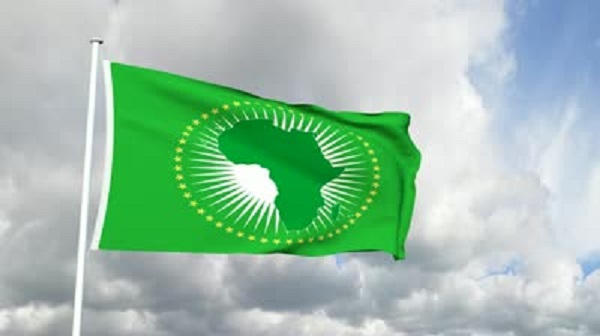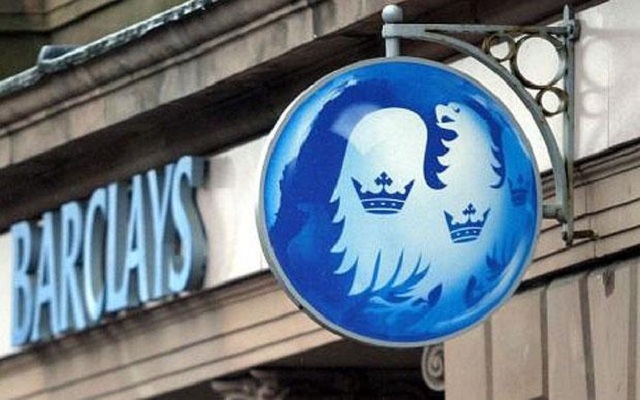EDITORIAL COMMENT: New AU funding mechanism must work

The African Union (AU), like many of its member states, has had the challenge of its budget being funded largely by foreigners.
Seventy-two percent of the continental body’s annual budget is funded by international cooperating partners mainly the European Union, United States, World Bank, China and Turkey while member states contribute 28 percent.
Dr Nkosazana Dhlamini-Zuma, speaking soon after she assumed the leadership of the AU four years ago expressed shock at the level of the union’s dependence on donors.
She immediately lobbied leaders on the continent to find ways to ensure that member states finance the AU’s activities. A high level panel of experts led by former Nigeria President, Olusegun Obasanjo was set up with a mandate to do the work.
It first proposed an oil levy, under which oil producing countries would avail money to resource the AU. The countries rejected the proposal. Last year, an alternative recommendation was made for all member states to impose a US$2 hospitality levy per hotel stay and a US$10 airfare levy on each international flight entering or leaving Africa. It was expected to raise $730 million yearly but tourism-dependent countries didn’t like the idea.
At the weekend during the just-ended 27th Ordinary Session of the Assembly of Heads of State and Government in Kigali, Rwanda, what we see as a breakthrough was announced. It involves all member countries, with effect from next year, setting aside 0,2 percent of revenue accruing from eligible imports for the continental union.
Many Africans who respect themselves and see the irony of our leaders denouncing meddling by neo-imperialists in the continent’s internal affairs yet an organisation that defines them was funded by the same meddlers, look forward to the latest initiative working.
Finance and Economic Development Minister, Patrick Chinamasa, who attended the weekend retreat in Kigali at which the proposal was endorsed said:
“The retreat yesterday came up with a momentous decision that every country is going to be obliged to impose a 0,2 percent import levy on eligible imports and that money will go into an escrow account and go directly to the African Union without coming to the fiscus, which is effective for the 2017 AU budget programmes and peace missions.
“This is following up on a decision, which was taken by the Summit in Johannesburg which decided that we should work progressively over the next five years to make sure that members of the African Union carry the financial burden of their organisation. So they agreed that over the next five years, we should work towards meeting 100 percent of the AU budget, 75 percent of its programmes and 25 percent of its peace operations.
“But the assessment on the basis of GDP will remain. If that money was paid in full, we would not have the problems that the African Union is encountering. But the method of payment and procedure for collection is going to be different. The 0,2 percent levy will mean that the revenue collection will now be predictable and remitted timeously. That will help the AU to plan for the future on the basis of available resources.”
He who pays the piper, the old adage goes, calls the tune and for this reason, we have no doubt that there are some African programmes that were compromised because of conditions imposed by the donors.
Another limitation arising from always begging for foreign money relates to the speed with which the continent responds to emergencies. A self-reliant AU would be able to tackle disasters as soon as they occur, but if money has to be negotiated for, and wired from Brussels or New York, the response is delayed.
Also, if the AU had capacity to meet its financial obligations, it would be able to prioritise programmes without the need to seek consensus from its financiers, who may not appreciate local needs and aspirations.
Therefore, the need for African financial autonomy cannot be overemphasised.
AU chairperson, and Chad President, Idriss Deby hailed the imports levy: “It is a gigantic step that we have taken, I would like to assure you. These aspirations cannot be fulfilled without an appropriate mechanism for funding of the union. I am happy that we have discussed this very essential issue and that a lasting solution to fund the organisation has been found.”
One positive point about the new funding strategy is that the money will be remitted directly into the AU account, not via national treasuries. This will eliminate bureaucracy and the chances of some governments holding onto or spending some of the money, thus disrupt the work of the union.
In this instance, there is no need for us to appeal for much political will, which, of course, is needed in other contributions countries make to the continental body.
While we laud the introduction of the levy, we must also register our unhappiness at the continued reliance by a few AU member countries on Western support for their national budgets. The implications that we decry as compromising AU operations and sovereignty occur at national level as well. We urge these countries to take tough decisions to make sure that they are financially independent for genuine independence to be realised.
Operationalising the 0,2 percent levy, we must observe, will be challenging at first for some African countries as it represents a fraction of money that could have flowed into their respective national coffers, just as much as political independence was also difficult to achieve for most African countries between 1957 and 1994.
However, this is a crucial, forward-looking decision the continent had to take for it to be taken seriously at the world stage.










Comments